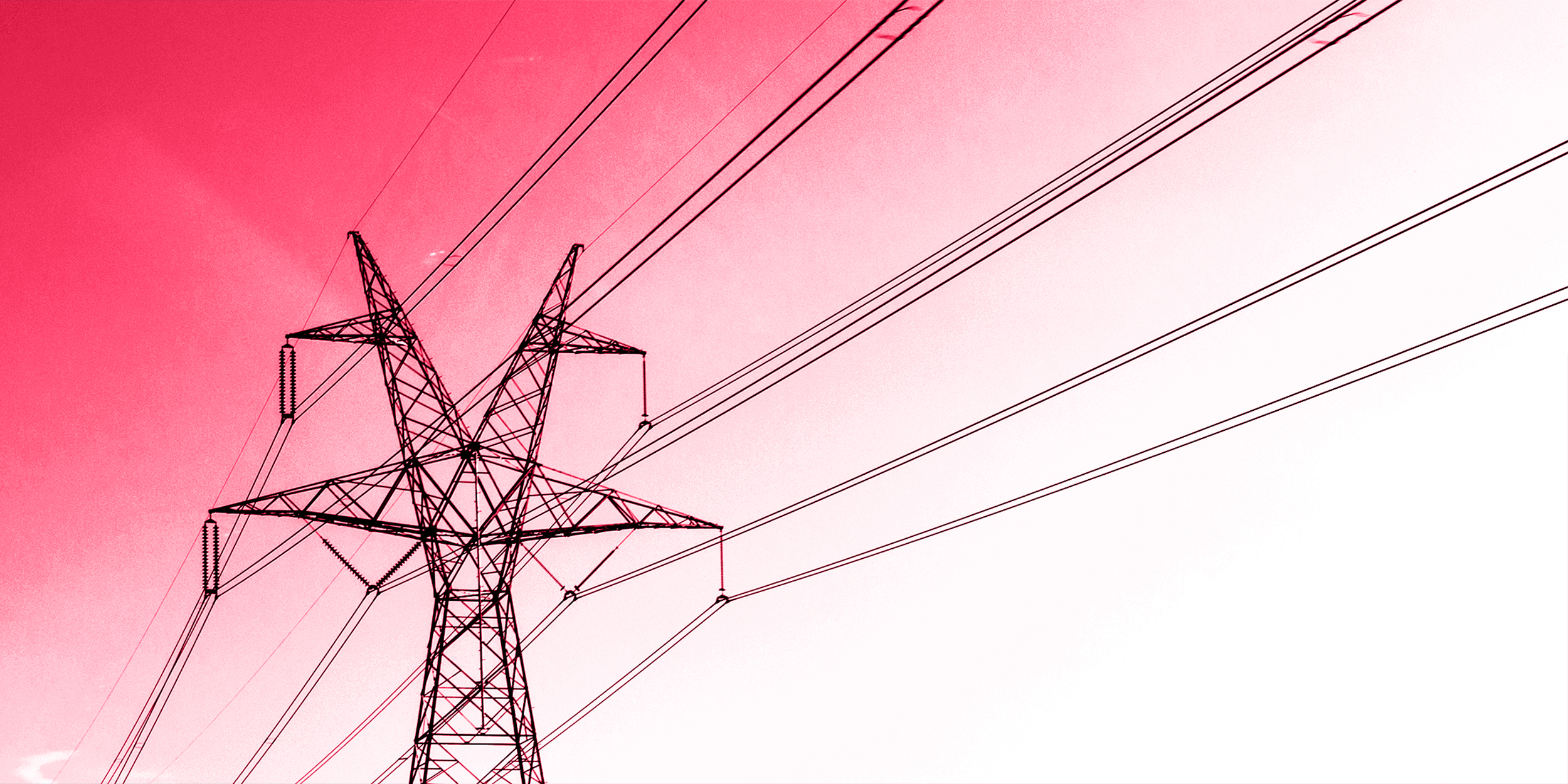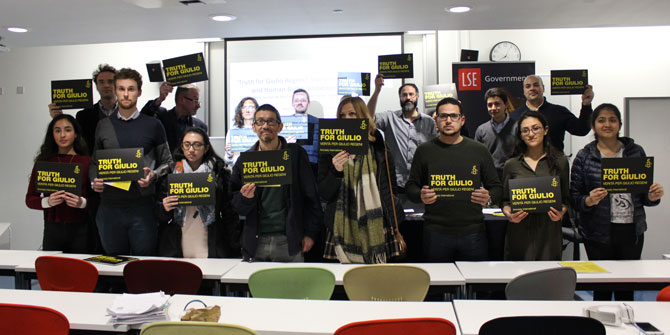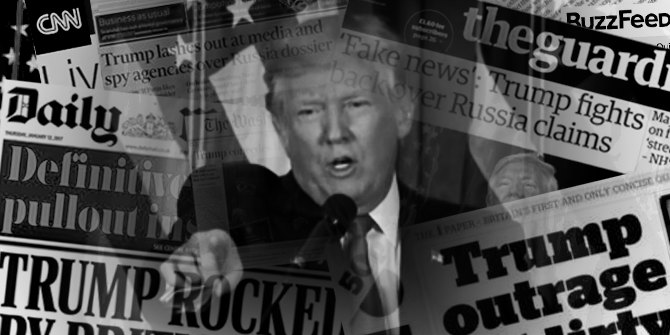Paige Anderholm argues that the crisis in Texas is the result of state policies which prioritise profit and drastic change is needed to protect its people from further suffering in future.
Texas, a state known for its small government and big business policies, is currently experiencing a natural disaster exacerbated by a governance disaster. In 2011, the state embarked upon an experiment. It isolated and privatized its power grid to rid itself of federal regulations. For nearly a decade, profit maximization has been the priority.
As an Arctic cold snap descended on the region last week, the grid, which had not been winterized, was unable to function in the frigid conditions. Operators at the Electric Reliability Council of Texas (ERCOT), the company that manages the state’s primary power grid, made the decision to cut power distribution to avoid “catastrophic” damage to the system. It was a decision that appears to have been necessary given the circumstances. It was a situation that was the result of the policy choices made by Texas politicians to put free enterprise and profit maximization above all else—including Texans themselves it seems.
No further investigation is needed to argue that the response from Texas leadership has been severely lacking. As millions were beginning their first night with no power and little to no water, Governor Greg Abbott went on Fox News and argued that “this shows how the Green New Deal would be a deadly deal for the United States…if the Biden administration is going to try to eradicate fossil fuels in the United States every state is going to constantly have challenges like what America has seen take place in Texas right now.”
After these statements, ERCOT clarified that the situation was not the result of wind turbine failure alone, which accounted for less than 13% of the outages; instead, the thermal resources—coal, natural gas, and nuclear—that Abbott insisted that would have prevented this, lost twice as many gigawatts of power because of the cold. Singling out wind turbines is dangerously misleading. Abbott eventually walked back the statements he made, but Fox News still falsely blamed renewable energy policies for the blackouts 128 times in just two days.
In another failure of governance, Senator Ted Cruz flew to Cancún with his family for a winter break in the midst of the crisis, though he was shamed into an early return. At the local level the response escalated from tone deaf to chilling—Mayor Tim Boyd of Colorado City offered a bleak message, “Only the strong will survive and the weak will p[e]rish.” Boyd, who resigned later in the week, also argued “a socialist government” is to blame for his constituents looking for support. But, to be clear—Republicans have controlled the state legislature since 2001 and held the governorship since 1995.
This astounding lack of governance has had deadly costs. More than 50 people have died in the states suffering the after-effects of winter storm Uri with the majority of the deaths in Texas. Hypothermia has claimed many lives in houses not built to insulate against the cold, including an 11-year-old boy, who went to bed under a pile of blankets and never woke up. More than 700 people went to Texas hospitals between Monday and Wednesday for carbon monoxide exposure as people used their gas stoves for warmth, burnt charcoal indoors, and idled cars in their garages.
A mother and her 7-year-old daughter died in Houston from carbon monoxide poisoning. A grandmother and her three young grandchildren died in a house fire. An Army veteran died in his truck in search of a spare oxygen tank. Another man was found dead outside, shoeless. The deaths of those Texans—immigrant, veteran, young, old, housed, houseless—were preventable. They were the consequence of bad policy. And those policy choices will continue to be deadly if Texas politicians do not stop conflating governance with politics.
This is the second devastating winter storm Texas has faced in 10 years. It is not a “once-in-every-120-year cold front” as Gov. Abbott has attempted to explain it away as. And with climate change increasingly disrupting weather patterns, it promises to not be the region’s last extreme cold weather event. Governmental inaction following the storm in 2011 helped create the current disaster. A lesson may have been learned the second time around though—Abbott has called on the legislature to mandate and fund the winterization of the state’s power grid.
But will Texas regulate its businesses to protect its people? As power comes back, electric companies, and oil and gas producers are experiencing sky-high profits. Griddy, an electric company whose prices are controlled by the market, has suggested its costumers temporarily switch providers if they are not happy with the rise in prices—up this week to more than $9,000 per megawatt hour, rather than the seasonal average of $50 per megawatt hour. The electric bill of a family near Dallas has shot up nearly $10,000 in the last few days. CPS Energy, based in San Antonio, has proposed additional customer support in the form of allowing customers to spread these new costs over ten years or more. Meanwhile, President and CFO Roland Burns of Comstock Resources Inc., a shale driller in Texas and Louisiana, has unashamedly stated, “Obviously, this week is like hitting the jackpot with some of these incredible prices” with natural gas prices in the region up 33,200%.
Hundreds of thousands of people were without power and water in freezing temperatures this past week but the only consequences for those in charge so far have been airtime for an upcoming reelection campaign, increased profit margins, and a trip to Cancún.
As Senator Cruz has pointed out before, Texas “energy is no accident: it was built over many years on principles of free enterprise & low regulation.” The events of the past week have made it clear—the experiment has failed the people of Texas. But when the next storm hits, who will pay the price, Texans or businesses?
Image credit: Image contains elements of ‘Power Lines, Texas‘ by Sharon Mollerus
Note: this article gives the views of the authors, and not the position of the LSE Department of Government, nor of the London School of Economics.






Enjoyed reading this cogent and well-argued piece.